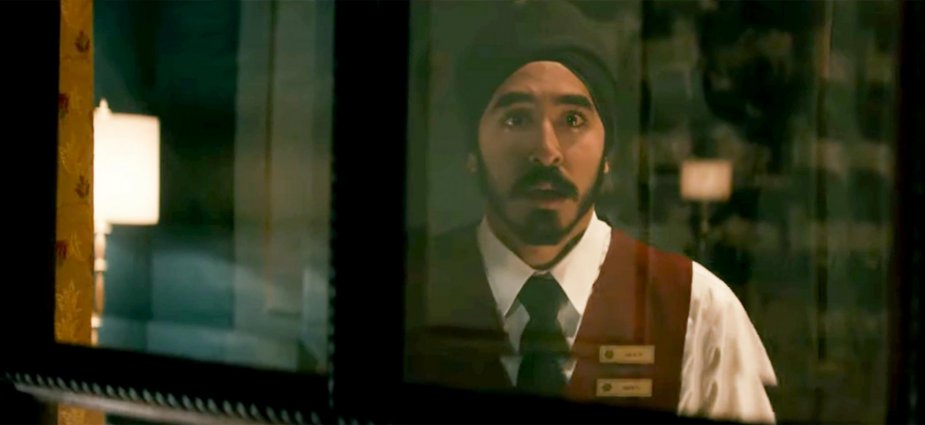It is rare for films to make you jump, sink and run in your seat while simultaneously paralysing you. It is even rarer for films based on true events, with their already known beginnings and ends to shock viewers and remind them of realities near and far. Hotel Mumbai is one of those films. Based on the 2009 documentary Surviving Mumbai, it portrays the realness of the Mumbai attacks in 2008 that trembled the Taj Mahal Palace Hotel and had the whole nation gripping their hearts.
The film begins with an eerie calm, introducing the militants, seemingly normal young men, as they float along in a small boat amidst a dusty orange atmosphere. They are nervous but collected and we hear the voice of a man guiding them, preparing them for the series of events that grasps both Mumbai and the audience watching from miles away. This voice is heard again and again throughout the film and is constantly followed by killing – a representation of the reality of November 2008, when members of a terrorist organisation carried out a series of attacks, killing at least 174 people.
The film is driven by the staff who risked their lives to keep as many people as they can safe. Directed by Anthony Maras and with an exceptionally talented cast that represents the Hotel’s local and international popularity and translates the fluctuating intensity of emotion, Hotel Mumbai is a brilliant and all-encompassing film made with care and consideration. With each effortless ringing of bullets, and each terrified life that ends in a thud, your heart shudders like a church bell and breaks bit by bit.
The bravery of the staff is brought front and centre by Dev Patel (Arjun), an embodiment of courage in the most astonishing of situations. With a family waiting for him in the freedom beyond the hotel, he chooses to stay, hopeful and terrified. While he rushes through emergency staircases and from pillar to pillar, always just inches away from bullets, Oberoi, the hotel’s Head Chef played by Anupam Kher, is the epitome of caring, concerned but composed and shares Patel’s perseverance.
Hotel Mumbai is laced together with conflicting scenes of both light and dark. It manages to combine a sense of holiday excitement, sudden madness, blind violence, and simple humour in every day interactions and personal relations to capture both the humane and the insane and create a deep and investing connection between the audience and the characters.
Readers also enjoyed this story about the Australian Music Prize Winner.










